World War II, 1943. Mallory and Miller, the heroes who destroyed the guns of Navarone, are sent to Yugoslavia in search of a ghost from the past.
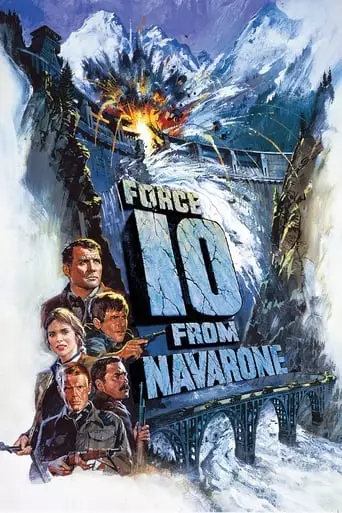
World War II, 1943. Mallory and Miller, the heroes who destroyed the guns of Navarone, are sent to Yugoslavia in search of a ghost from the past.

Jane Marple solves the mystery when a local woman is poisoned and a visiting movie star seems to have been the intended victim.
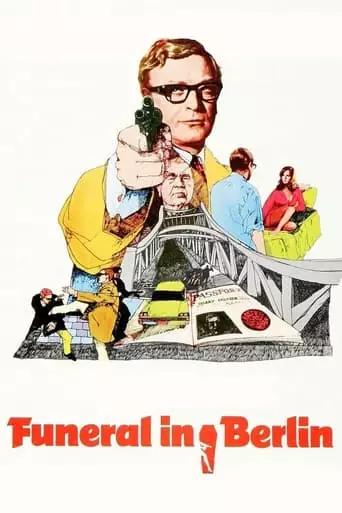
Colonel Stok, a Soviet intelligence officer responsible for security at the Berlin Wall, appears to want to defect but the evidence is contradictory. Stok wants the British to handle his […]
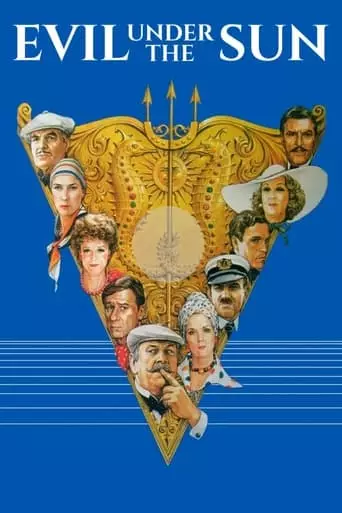
An opulent beach resort provides a scenic background to this amusing whodunit as Poirot attempts to uncover the nefarious evildoer behind the strangling of a notorious stage star.
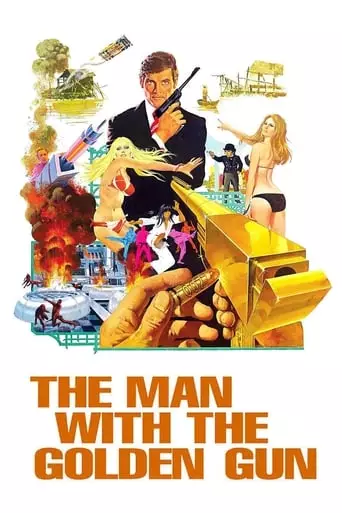
Cool government operative James Bond searches for a stolen invention that can turn the sun’s heat into a destructive weapon. He soon crosses paths with the menacing Francisco Scaramanga, a […]
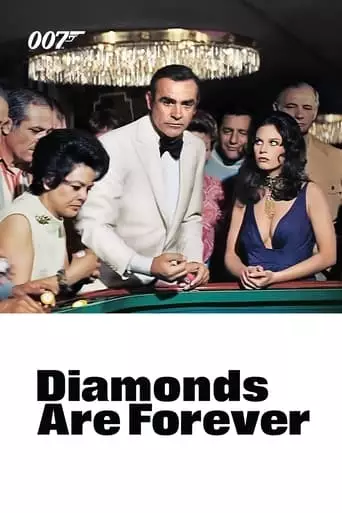
Diamonds are stolen only to be sold again in the international market. James Bond infiltrates a smuggling mission to find out who’s guilty. The mission takes him to Las Vegas […]
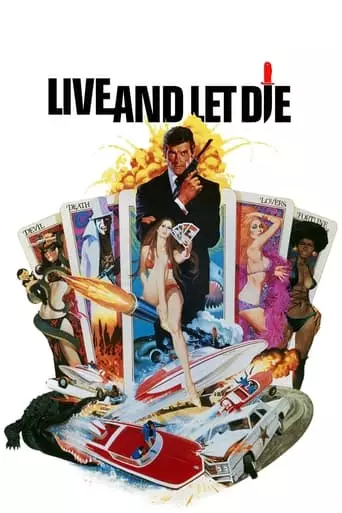
James Bond must investigate a mysterious murder case of a British agent in New Orleans. Soon he finds himself up against a gangster boss named Mr. Big.

In 1940, the Royal Air Force fights a desperate battle against the might of the Luftwaffe for control of the skies over Britain, thus preventing the Nazi invasion of Britain.
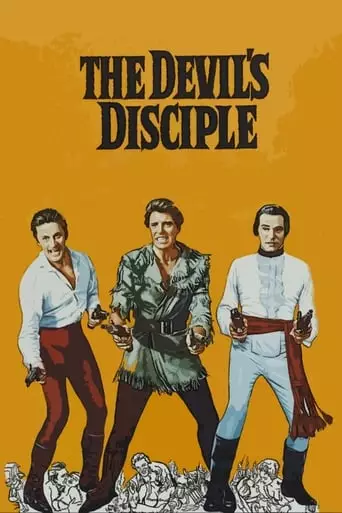
In a small New England town during the American War of Independence, Dick Dudgeon, a revolutionary American Puritan, is mistaken for local minister Rev. Anthony Anderson and arrested by the […]
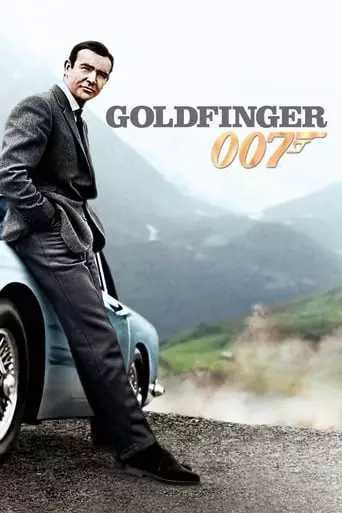
Special agent 007 comes face to face with one of the most notorious villains of all time, and now he must outwit and outgun the powerful tycoon to prevent him […]
Guy Hamilton: The Man Behind Bond’s Most Memorable Adventures
Guy Hamilton was a celebrated British director best known for his work on several iconic James Bond films that defined the spy genre’s cinematic style. Renowned for his ability to balance action, humor, and spectacle, Hamilton’s work left an indelible mark on 1960s and 1970s cinema.
Early Life and Career Beginnings
Guy Hamilton was born on September 16, 1922, in Paris, France, where his British parents were stationed. Growing up in France, Hamilton developed an early love for cinema, particularly inspired by French and British films.
During World War II, Hamilton served in the Royal Navy, an experience that gave him a strong sense of discipline and teamwork—qualities that would later inform his approach to directing.
Hamilton began his film career in the late 1940s, working as an assistant director on classics such as Carol Reed’s The Third Man (1949). These formative experiences exposed him to the art of crafting suspenseful and visually striking narratives.
Breakthrough with The Colditz Story
Hamilton made his directorial debut with The Ringer (1952), but his breakthrough came with The Colditz Story (1955), a World War II drama based on real events.
Themes: The film focuses on Allied prisoners attempting to escape from the infamous Colditz Castle, blending tension with moments of camaraderie.
Impact: It established Hamilton as a skilled director capable of handling action and ensemble casts effectively.
The Bond Era
Hamilton is most famously associated with the James Bond franchise, having directed four of its most iconic entries:
Goldfinger (1964):
Significance: Considered one of the best Bond films, Goldfinger set the template for the series with its mix of larger-than-life villains, gadgets, humor, and stunning set pieces.
Iconic Moments: The Aston Martin DB5, Oddjob’s deadly hat, and the laser scene (“No, Mr. Bond, I expect you to die!”) became cultural touchstones.
Legacy: Goldfinger catapulted Bond into global superstardom and remains a definitive spy movie.
Diamonds Are Forever (1971):
Tone: Marked Sean Connery’s return to the role after a brief hiatus, featuring a campier style and extravagant settings.
Highlights: Its Las Vegas setting and memorable performances from Jill St. John and Charles Gray as Blofeld.
Live and Let Die (1973):
Introduction of Roger Moore: Hamilton helped transition the franchise to a new era, crafting a more humorous tone to complement Moore’s interpretation of Bond.
Cultural Impact: Featuring a thrilling boat chase and Paul McCartney’s chart-topping theme song, the film embraced a 1970s vibe, incorporating elements of blaxploitation cinema.
The Man with the Golden Gun (1974):
Villainy: Christopher Lee’s portrayal of assassin Francisco Scaramanga, a Bond villain with a golden gun, is a standout.
Exotic Locations: Set in Thailand, the film featured breathtaking landscapes and high-octane stunts.
Beyond Bond
Hamilton’s career extended far beyond the world of 007. His filmography includes diverse projects showcasing his versatility:
Battle of Britain (1969): A historical war epic detailing the Royal Air Force’s defense of Britain during World War II. The film was praised for its aerial combat sequences and its ensemble cast, including Laurence Olivier and Michael Caine.
Funeral in Berlin (1966): A Cold War espionage thriller starring Michael Caine as Harry Palmer, it demonstrated Hamilton’s flair for tension and intrigue outside of the Bond franchise.
Force 10 from Navarone (1978): A sequel to The Guns of Navarone, this adventure film featured Robert Shaw and Harrison Ford and highlighted Hamilton’s ability to handle large-scale action sequences.
Directorial Style
Hamilton’s style was defined by his sharp pacing, striking visuals, and an ability to balance action with wit. Key elements of his approach include:
Grounded Characters in Extraordinary Situations: While his films often featured larger-than-life scenarios, Hamilton ensured that the characters remained relatable.
Visual Flair: His use of dynamic camera angles and inventive staging heightened the sense of excitement.
Humor and Charm: Particularly in his Bond films, Hamilton had a knack for blending high stakes with playful humor.
Legacy and Influence
Guy Hamilton’s contributions to cinema, particularly the Bond series, have had a lasting impact. His work influenced the spy genre and action filmmaking as a whole, setting a standard for blending thrills with style and sophistication. Directors such as Christopher Nolan and Matthew Vaughn have cited the Bond films, particularly Goldfinger, as inspirations for their own work.
Hamilton’s films remain celebrated for their entertainment value and craftsmanship, continuing to captivate audiences decades after their release.
Conclusion
Guy Hamilton’s career is a testament to the enduring appeal of well-crafted cinema. From redefining James Bond for generations to creating gripping war dramas, Hamilton showcased an extraordinary ability to navigate genres while maintaining his signature blend of excitement, humor, and sophistication. A true innovator, he remains a towering figure in the history of action and adventure filmmaking.